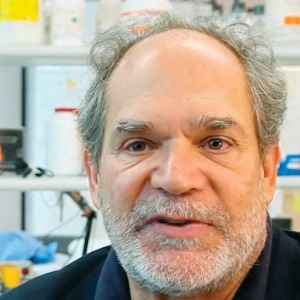Title : Cognitive behavioral sequelae of non-severe malaria and potential strategies for its mitigation
Abstract:
Human and experimental malaria (EM) are associated with neurocognitive sequelae (NCS), especially in the most severe form of the disease; cerebral malaria (CM). NCS, related to learning and memory, are also observed in human non-severe malaria (nSM), mainly in children and the elderly. In classical nSM experimental models, NCS were not reported. We studied nSM using the classical CM EM, Plasmodium berghei ANKA (PbA) infected C57BL/6 mice treated on the fourth day after infection, before any sign of CM that occurs from the sixth day of infection. This may mimic the most common form of human malaria; nSM by P. falciparum, which, can develop into CM, if left untreated. With this nSM EM, we demonstrated short and long-term NCS at days 12, 80 and 145 after curative malaria treatment. An EM unsusceptible to CM development (PbNK65 infected C57BL/6 mice) and its histopathological and molecular brain aspects are being studied in parallel. We aim to investigate the potential cognition promotion effects of immunization and physical exercise (PE) in mitigating NCS of murine nSM. C57BL/6 mice are infected or non-infected with PbA, treated with chloroquine and subjected or not to immunization and/or PE practice at 14 days after the end of treatment. Immunization consists of three doses of Tetanous-diphteria (Td)-vaccine; and PE of a moderate aerobic involuntary practice performed on a motorized treadmill for mice. Animals were then subjected to tasks such as open field, novel object recognition and light-dark to analyze long-term memory and anxiety-like behavior. We observed a positive effect of both immune stimulation with Td-vaccine and PE practices in mitigating NCS or even restoring neurocognitive homeostasis after n-SM. Thus, both approaches may be promising strategies as complementary therapy of malaria to avoid expression of NCS in human. We are currently investigating this possibility in children in the Amazon endemic region.
Keywords: Immunization, neurocognitive alterations, neuroimmunomodulation, non-severe malaria, physical exercise.



